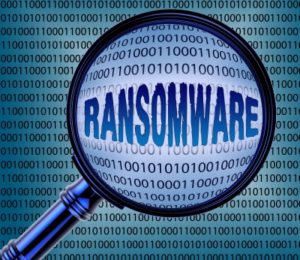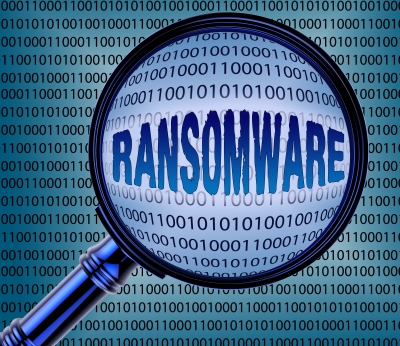 The Bureau of Customs (BOC) assured stakeholders it is taking the necessary precautions to avoid being hit by the recently released global “ransomware” virus that has already affected numerous companies and institutions in different countries, including those in the Philippines.
The Bureau of Customs (BOC) assured stakeholders it is taking the necessary precautions to avoid being hit by the recently released global “ransomware” virus that has already affected numerous companies and institutions in different countries, including those in the Philippines.
“Rest assured we are taking all the necessary precautions to avoid interruptions,” Atty. Mandy Therese Anderson, BOC spokesperson and Office of the Commissioner chief-of-staff, told PortCalls in a text message.
The ransonware, dubbed as WannaCry, is an ongoing cyberattack targeting the Microsoft Windows operating system. The attack started on May 12 and has since infected more than 230,000 computers in 150 countries, with the software demanding ransom payment in the form of bitcoins, a form of digital currency in cyberspace.
Among the organizations attacked were Germany’s rail network Deutsche Bahn, Spanish telecommunications operator Telefonica, U.S. logistics giant FedEx, Russia’s interior ministry, parts of Britain’s National Health Service, and LATAM Airlines.
According to a map created by MalwareTech, a cybersecurity expert which accidentally slowed the attack, the Philippines is among those countries to have been infiltrated by the ransomware.
Anderson said BOC is aware of the ransomware and concerned about its adverse impact on ICT systems.
She said ICT personnel at BOC are being asked to adopt the usual precautionary measures to protect ICT assets from all sorts of malware.
“Even before the outbreak of the ransomware, BOC has been deploying modest measures using software and hardware tools to help strengthen the security of the Bureau’s ICT infrastructure and systems,” Anderson noted.
She added that a directive on the use of ICT assets and facilities was issued last year to institute necessary controls and prevent unauthorized access to the agency’s systems and ensure the security and integrity of data.
“Likewise, we have posted an advisory on the BOC website reminding BOC personnel to be suspicious and cautious of email attachments especially those from untrusted or unknown sources,” she noted.
“Finally, we are closely coordinating with Microsoft Phils. and other ICT service providers for security patches and other measures we should immediately implement,” she said.
BOC-accredited value-added service providers (VASPs) have also assured they are doing necessary chec
VASPs handle all import and export lodgements that need to be submitted to BOC’s electronic-to-mobile (E2M) system.
Leo Morada, chief executive officer of VASP Cargo Data Exchange Corp., told PortCalls they have reviewed their Internet and email security policies, focusing on procedures that will prevent opening of emails from unknown sources.
InterCommerce Network Services, Inc. president Francis Lopez pointed out that if BOC gets infiltrated, they would not be automatically affected “since we have messaging only” and “we check the data we send to or receive from E2M.”
“We send/receive structured XML files with E2m which cannot be processed if infected,” he further explained.
The Department of Justice has already ordered its cybercrime division and the National Bureau of Investigation to address the new threat.
Experts advise computer users and organizations to keep their operating systems, patches and antivirus softwares up to date, and to back up files and data regularly on a secure USB or hard drive. – Roumina Pablo
Image courtesy of Stuart Miles at FreeDigitalPhotos.net





